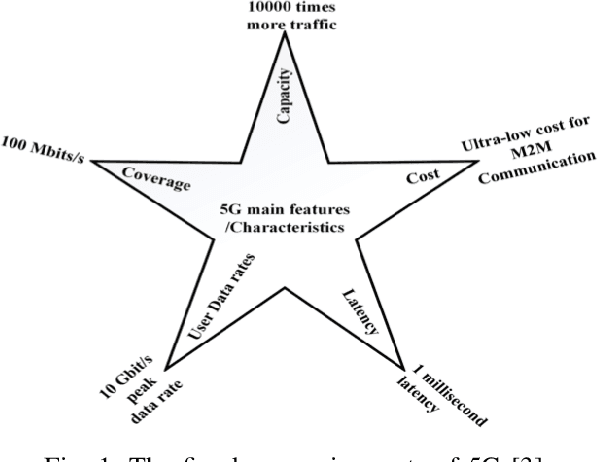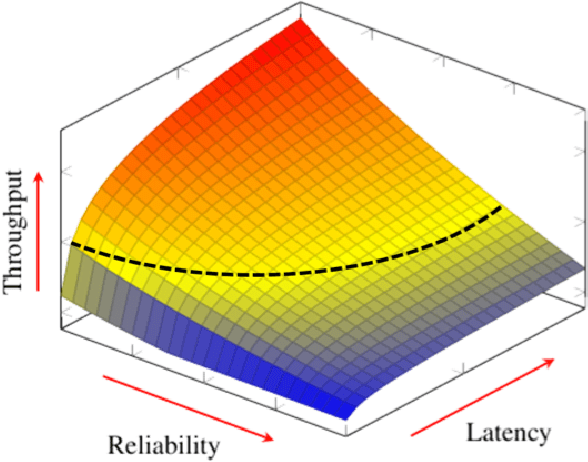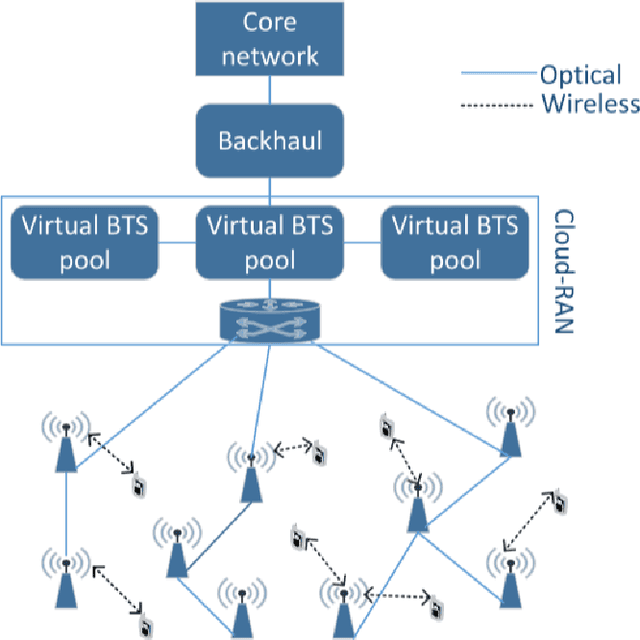Neelanshi Varia
The Importance of Autonomous Driving Using 5G Technology
Aug 20, 2021


Abstract:The three keys to autonomous driving are sensors, data integration, and 100% safety decisions. In the past, due to the high latency and low reliability of the network, many decisions had to be made locally in the vehicle. This puts high demands on the vehicle itself, which results in the dilatory commercialization of automatic driving. With the advent of 5G, these situations will be greatly improved. In this paper, we present the improvements that 5G technology brings to autonomous vehicles especially in terms of latency and reliability amongst the multitude of other factors. The paper analyzes the specific areas where 5G can improve for autonomous vehicles and Intelligent Transport Systems in general (ITS) and looks forward to the application of 5G technology in the future.
Deep Reinforcement Learning for Conversational AI
Sep 15, 2017


Abstract:Deep reinforcement learning is revolutionizing the artificial intelligence field. Currently, it serves as a good starting point for constructing intelligent autonomous systems which offer a better knowledge of the visual world. It is possible to scale deep reinforcement learning with the use of deep learning and do amazing tasks such as use of pixels in playing video games. In this paper, key concepts of deep reinforcement learning including reward function, differences between reinforcement learning and supervised learning and models for implementation of reinforcement are discussed. Key challenges related to the implementation of reinforcement learning in conversational AI domain are identified as well as discussed in detail. Various conversational models which are based on deep reinforcement learning (as well as deep learning) are also discussed. In summary, this paper discusses key aspects of deep reinforcement learning which are crucial for designing an efficient conversational AI.
Perspectives for Evaluating Conversational AI
Sep 14, 2017



Abstract:Conversational AI systems are becoming famous in day to day lives. In this paper, we are trying to address the following key question: To identify whether design, as well as development efforts for search oriented conversational AI are successful or not.It is tricky to define 'success' in the case of conversational AI and equally tricky part is to use appropriate metrics for the evaluation of conversational AI. We propose four different perspectives namely user experience, information retrieval, linguistic and artificial intelligence for the evaluation of conversational AI systems. Additionally, background details of conversational AI systems are provided including desirable characteristics of personal assistants, differences between chatbot and an AI based personal assistant. An importance of personalization and how it can be achieved is explained in detail. Current challenges in the development of an ideal conversational AI (personal assistant) are also highlighted along with guidelines for achieving personalized experience for users.
 Add to Chrome
Add to Chrome Add to Firefox
Add to Firefox Add to Edge
Add to Edge